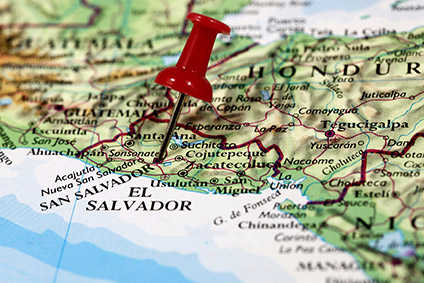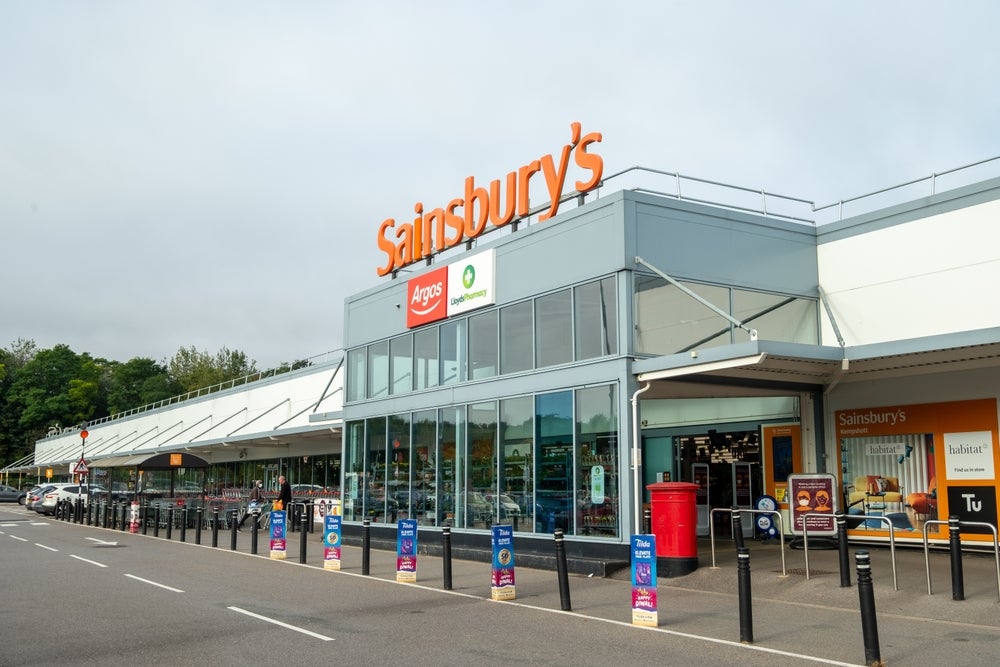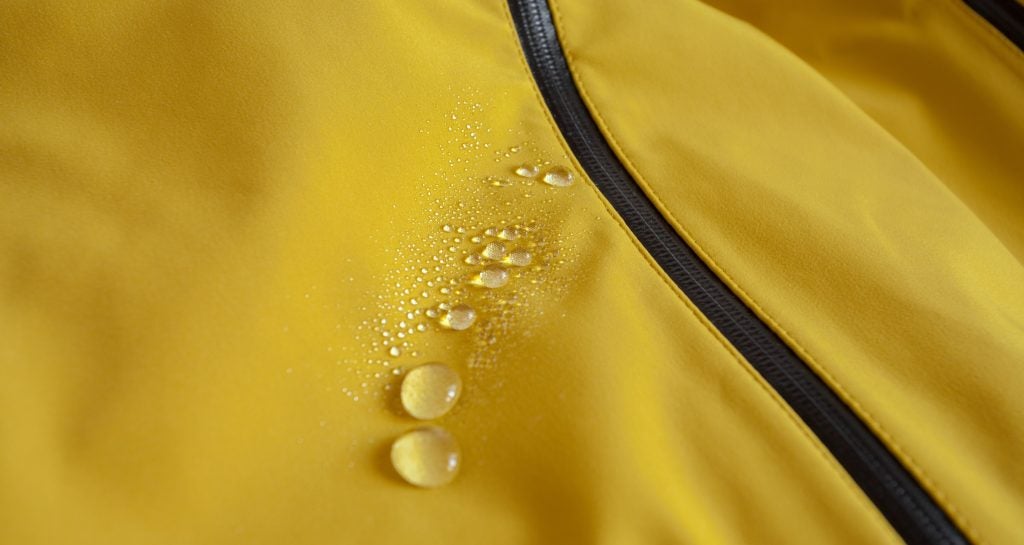
El Salvador lost 20,000 apparel industry jobs this year and could lose another 5,000 as production plummets 35% due to Covid-19.
The losses will dent the industry’s current headcount of 80,000 as exports fell by $453m from January to May, depressing annual sales by 42%.
“The sector has been tremendously impacted because it generates most jobs,” says Jose Escobar, president of industry association Camtex (Cámara de la Industria Textil y de la Confección de El Salvador – the Chamber of Textile Industry, Clothing and Free Zones of El Salvador).
He adds that the small Central American nation lacks the bandwidth to quickly restart factories as US demand spikes. “Even if we work every day, production capacity is very limited compared to others.”
Those “others” include Honduras, which has been stealing market share from El Salvador amid an ambitious plan to transform its industry into an activewear powerhouse.
How well do you really know your competitors?
Access the most comprehensive Company Profiles on the market, powered by GlobalData. Save hours of research. Gain competitive edge.

Thank you!
Your download email will arrive shortly
Not ready to buy yet? Download a free sample
We are confident about the unique quality of our Company Profiles. However, we want you to make the most beneficial decision for your business, so we offer a free sample that you can download by submitting the below form
By GlobalDataSee Also:
El Salvador recently began opening its economy after severe lockdowns imposed by President Nayib Bukele. It is gradually increasing output to 35-40% of installed capacity and hopes to boost that rate without undermining sanitary measures, according to Camtex.
The group’s executive director Patricia Figueroa says the industry will remain in a quasi-standby mode until September when it is able to assess the virus’s full impact and can then begin looking at new business opportunities.
Camtex’s commercial coordinator Mauricio Rodriguez says the industry’s ability to make facemasks and other personal protective equipment (PPE) for US customers helped cushion losses from a decline in garment production and orders – some of which may be lost forever.
“We weren’t ready to do it because it wasn’t our business but given the need, we restructured and were able to export. Otherwise, the impact would have been much worse,” he says.
Figueroa adds at least 30% of companies belonging to Camtex shifted to making PPE.
She says the sector will invest $90,000 a month to ensure safe transport for workers reaching manufacturing plants. The sector has invested $1m so far to adapt to the virus as well as flooding from heavy rains due to tropical storm Amanda.
Hanesbrands, which has strong operations in El Salvador, donated 85,000 basic clothing items to help families cope with the storm, according to Figueroa.
According to the Department of Commerce’s Office of Textiles and Apparel (OTEXA), El Salvador is the ninth largest supplier of apparel to the US. Latest figures show the volume of shipments tumbled 33% in the first four months of the year to 158m SME (square metres equivalent) from 236m SME in the same period last year.








